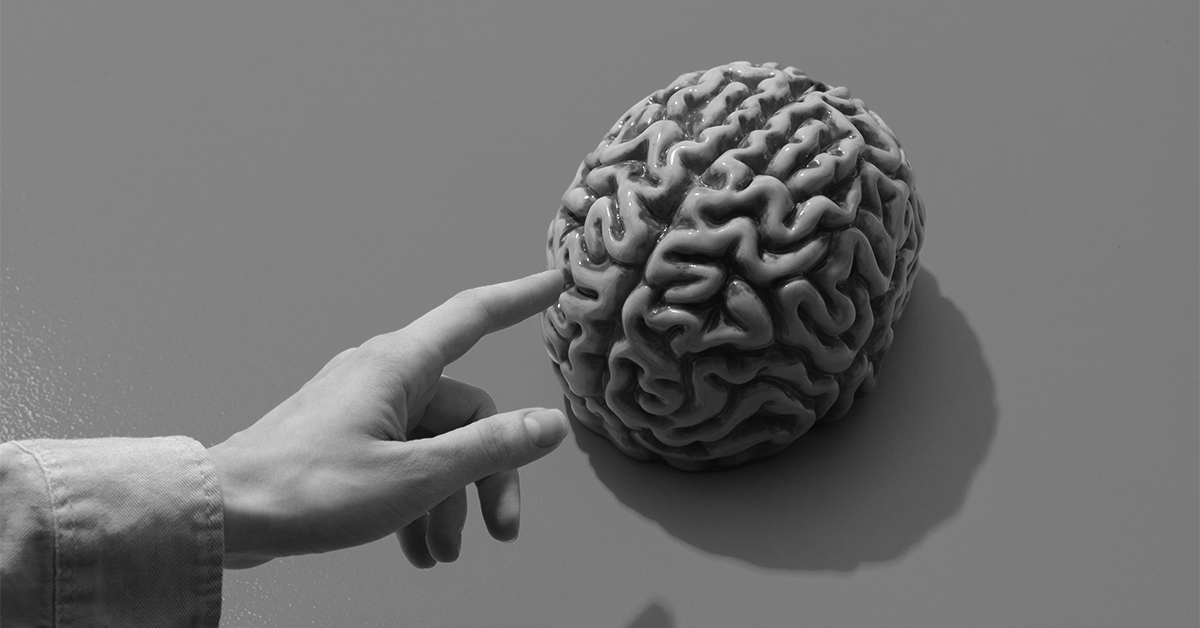Discover how psychology, economics, sociology and other disciplines can optimize decision making, improve productivity, and foster inclusion in organizations.

In recent years, behavioral science has become increasingly popular. Their ability to explain our actions and their countless practical applications have led companies and institutions to incorporate them into their strategies, teams, and projects.
Today, large companies such as Google, Netflix and BBVA are using behavioral science to improve user experience and achieve their business goals. Governments around the world are using them to drive public policies related to healthcare, the economy and emergency management.
1. What exactly is behavioral science?
Behavioral science is the set of disciplines that study the way human beings act and relate to the physical and social environment. Thanks to rigorous and systematic experimentation, they enable us to intervene in the world to help people and organizations achieve their goals.
If we had to define it in a single sentence, we could say that: Behavioral science is the human and social science applied to decision-making processes.
Psychology, sociology, economics, neuroscience, genetics, and anthropology are some of the best-known behavioral sciences. Each of them contributes its grain of sand to the comprehensive understanding of human behavior.
The popularization of behavioral sciences that we have witnessed in recent decades has allowed us to overcome the old conception of the entirely rational human being (homo economicus) and adopt a much broader perspective that integrates our more emotional and less reflective aspects.
Great authors such as Herbert Simon, Daniel Kahneman, and Richard Thaler have helped us to understand ourselves a little better and to develop useful strategies to deal with our irrationality and our daily clumsiness.
2. Behavioral science in companies and institutions
What does the organization you work for do? It doesn’t matter if it is public or private. It doesn’t matter if it offers products or services. Whatever it does, its success depends on its customers or users behaving in a certain way.
Your organization, like all organizations, is dedicated to promoting behaviors.
Now, how many behavioral science professionals are there in your organization? How many psychologists, sociologists, economists, or neuroscientists are working to provide your customers or users with a satisfying experience that motivates them to act? The answer is probably “Very few”.
Here are some very good reasons to incorporate professionals from the different branches of behavioral science into your organization.
3. Psychology: what motivates human beings?
Psychology studies mental processes and human behavior, such as perception, cognition, emotion, and motivation. In the organizational context, psychology helps to understand how individuals interact with each other and with their work environment, providing tools to improve satisfaction and performance.
4. Economics: market behavior
Economics analyzes how individuals and organizations make decisions in an environment of scarce resources. Behavioral economics – the discipline that revolutionized behavioral science by challenging traditional notions of rationality – investigates how psychological and social factors influence economic decisions. No one – including your customers or clients – makes economic decisions in a vacuum. For that reason, organizations should take careful account of people’s motivations and the contexts in which they find themselves.
5. Sociology: how we act in groups
Sociology investigates social structures, relationships, and institutions. It thus offers a broad perspective on the dynamics of groups, corporate culture, and social networks within companies and institutions, helping to identify patterns that affect cohesion, satisfaction, and efficiency.
6. Anthropology: culture is the key to success
Anthropology studies human cultures and their developments and variations over time. This discipline is perfect for an understanding of cultural practices and ‘rituals’ that influence employee behavior, facilitating diversity management and adaptation to change.
7. Neuroscience: the role of the brain in decision making
Neuroscience explores the workings of the brain and its impact on human behavior. Knowledge about the neural mechanisms of motivation, learning and decision-making can improve, among many other things, the effectiveness of leadership and talent development programs.
8. Genetics: the biology of behavior
Genetics investigates the influence of genes on human behavior. Behavioral genetics investigates the interaction between genetic and environmental factors and how it affects personality, intelligence, and other traits. A proper understanding of behavioral genetics can help us to detect the barriers faced by some people (e.g., those with ADHD) and to offer them solutions tailored to their needs.
9. Philosophy: the ethics of behavioral science
Philosophy is concerned with analyzing the fundamental aspects of existence, knowledge, and morality. In the business context, philosophy helps to develop ethical frameworks for decision making and to design organizational policies that promote justice and social responsibility.
10. The comprehensive application of behavioral science
As we have seen, behavioral sciences can bring an enormous amount of value to organizations. Small behavioral interventions, often in the form of a nudge, can improve productivity, increase motivation, and foster team cohesion.
Google illustrates our words perfectly. The company designs spaces to minimize distractions and properly manage breaks, encouraging workers to immerse themselves in their tasks in a spontaneous and satisfying way. It is able to do this because it understands the psychological principles that lead to the state of flow, described by psychologist Mihaly Csikszentmihalyi.
In addition, it is important to emphasize that behavioral sciences also help us to detect biases that are detrimental to groups of people, such as women, for example. Unfortunately, prejudices and social norms mean that women occupy fewer positions of high responsibility. Implementing small measures that have experimental evidence – such as blind curricula – can help reduce this harmful gender gap.
However, for behavioral sciences to be fully effective in an organization, it is essential that they be incorporated in an integral manner in all its teams, processes, and projects. Of course, behavioral interventions on an ad hoc basis can be beneficial, but if they are not carried out systematically, much of their potential, linked to the scaling of successes and the prevention of failures, will be wasted. For this reason, at BeWay we work with our clients to turn them into Behaviorally Driven Companies, that is, organizations with a behavioral perspective.
Conclusion
As can be seen from these lines, behavioral sciences are much more than a set of theories. They are an invaluable toolbox that allows us to transform organizations and multiply their impact on society.
In the future, the success of companies and institutions will depend on their ability to understand how people think, feel and behave.
Seize the opportunity and join us in building organizations that are much more empathetic and humane.
Are you interested?
Get in touch!
